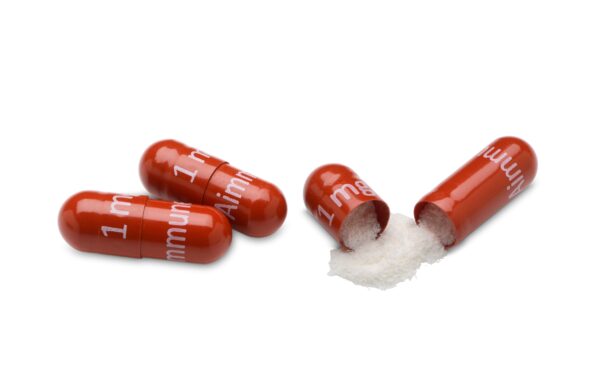
The Food and Drug Administration has approved the first-ever medicine designed to lower the likelihood of severe allergic reactions resulting from consumption of peanut products.
On Friday evening, the agency approved Brisbane, California-based Aimmune Therapeutics’ Palforzia (peanut allergen powder-dnfp) for patients with peanut allergy. The drug is an oral immunotherapy designed to mitigate allergic reactions, including anaphylaxis, that may occur when patients are accidentally exposed to peanut. Peanut allergy is estimated to affect 1.6 million children and teenagers in the U.S.
Shares of Aimmune were up 14-15% on the Nasdaq in premarket trading Monday morning. The company’s stock was up more than 10% when markets opened.
“Even with strict avoidance, inadvertent exposures can and do occur,” FDA Center for Biologics Evaluation and Research Director Peter Marks said in a statement. “When used in conjunction with peanut avoidance, Palforzia provides an FDA-approved treatment option to help reduce the risk of these allergic reactions in children with peanut allergy.”
The approval follows a 7-2 vote in September by the FDA’s Allergenic Products Advisory Committee. The panel had voted in favor of recommending the drug’s approval, as long as it came with a risk evaluation and mitigation strategy (REMS) that requires dose escalation and up-dosing in a certified healthcare setting, immediate availability at all times of epinephrine and REMS certification for physicians and pharmacies. The drug also comes with a boxed warning about the potential for the drug to cause anaphylaxis and warning against administering the drug to patients with uncontrolled asthma.
The dissenting votes in the AdCom meeting came from two physicians who voted against the drug on the grounds of efficacy, given that a higher rate of systemic allergic reactions, including anaphylaxis, was observed in patients receiving the drug than among those receiving placebo. One of those two doctors also voted against the drug on safety. Some panelists also criticized the pivotal Phase III study for insufficient diversity, saying they wanted to see more African-American, Asian and Hispanic patients.
Another company developing a treatment for peanut allergy is DBV Technologies, based in Montrouge, France. The company is developing Viaskin Peanut, a once-daily patch for the skin that is also designed to potentially reduce the risk of life-threatening allergic reactions from accidental exposure. The FDA is expected to decide on whether to approve DBV’s application by Aug. 5 and has said it will hold an advisory committee meeting to discuss it.
Photo: Aimmune Therapeutics










